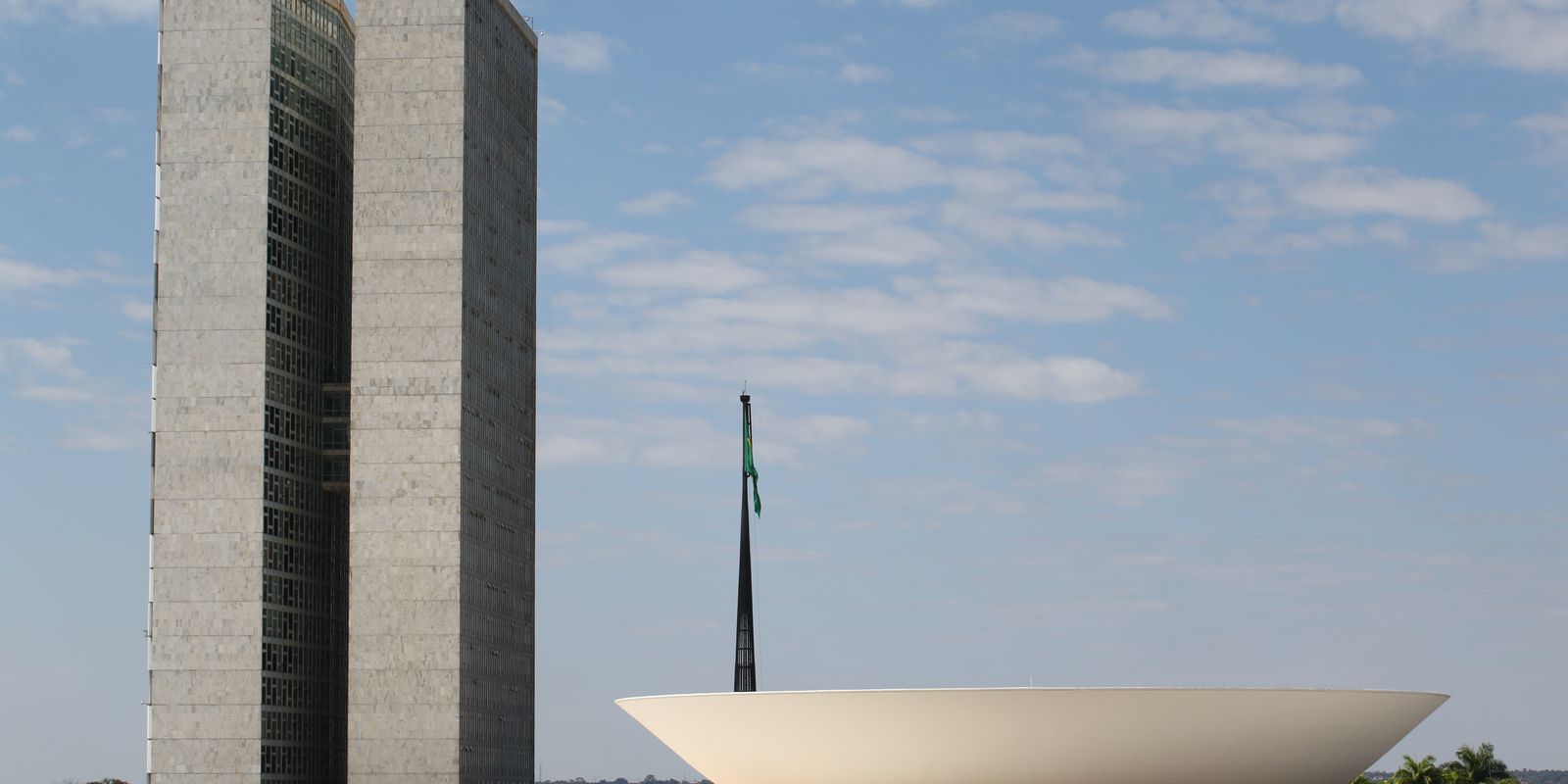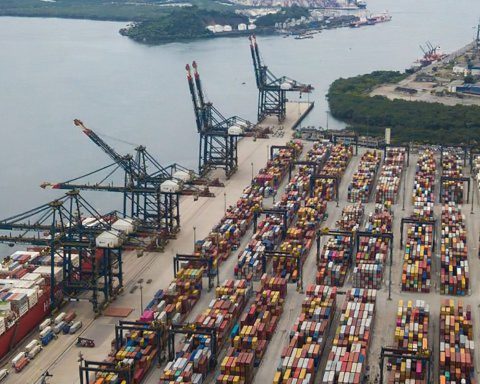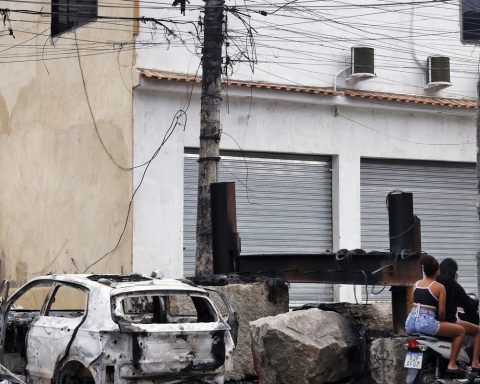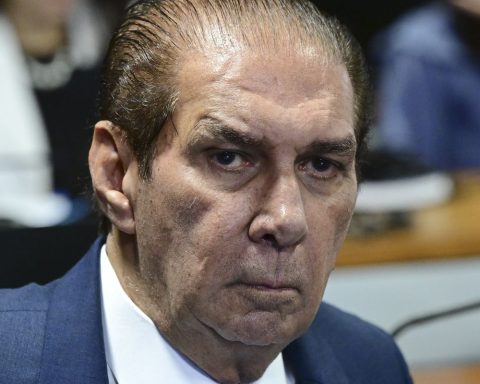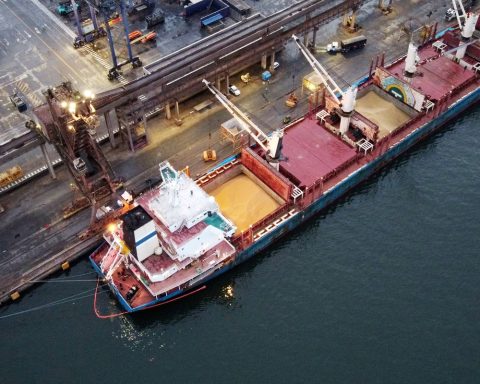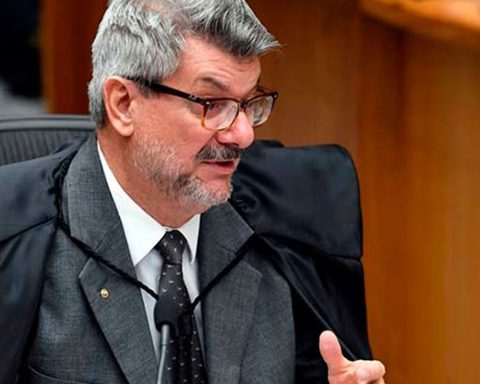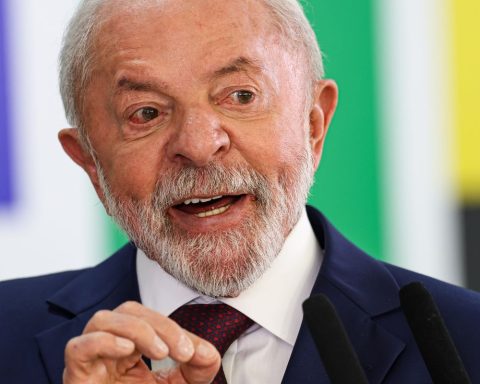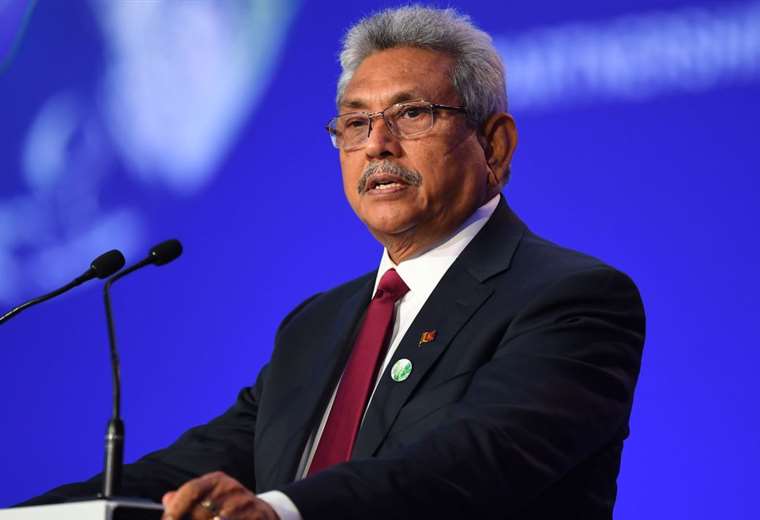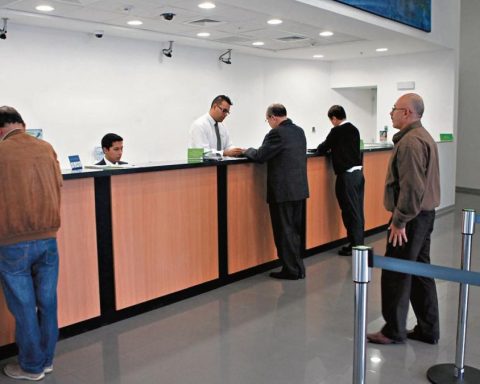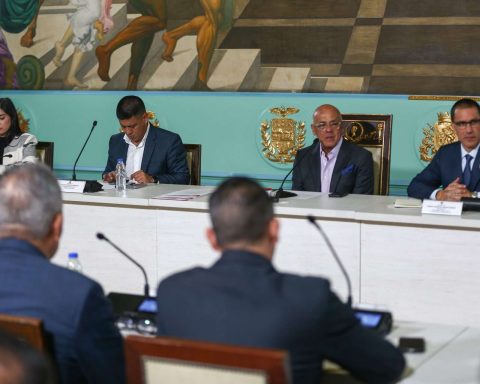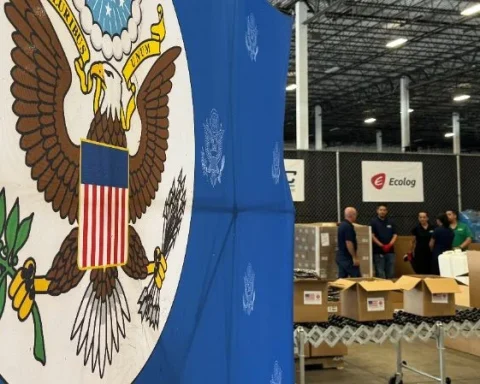Today’s National Congress session (12) ended with the approval of the Budget Guidelines Law (LDO) of 2023, in addition to the approval of Congressional Bills (PLN) referring to supplementary credits. The LDO determines the goals and priorities for public spending and provides the parameters for the elaboration of the budget bill for next year. Its vote was required until the 17th of July, to allow the parliamentarians to enter an official recess on the 18th.
The basic text of the LDO bill was approved with 324 votes in favor against 110, in the Chamber of Deputies, and 46 votes in favor against 23, in the Federal Senate. The project presented by the government predicts that next year the public accounts of the Central Government (National Treasury, Social Security and Central Bank) should close 2022 with a primary deficit of up to BRL 65.91 billion and establishes a minimum wage of BRL 1,294 for the next year.
The main point of the LDO approved today concerns the execution of the so-called amendments by the general rapporteur of the Budget (RP9), which total R$ 16.5 billion in this year’s Budget, but could reach R$ 19 billion next year. Initially, the project had the obligation to implement these amendments, but since yesterday’s session (11), several criticisms of this obligation made the rapporteur, Senator Marcos Do Val (Pode-ES), change his mind.
“So, I am immediately suppressing art. 81-A, of the Commission’s opinion, regarding the imposition of RP-9”, said Marcos Do Val still in yesterday’s session, after hearing parliamentarians, advisors and consultants. The rapporteur’s decision pleased the opposition and paved the way for approval of the LDO earlier this afternoon.
The biggest divergence regarding the RP9 amendments, according to its critics, has always been the lack of transparency in relation to who receives them and what amount is transferred. In practice, these amendments can be used as a bargaining chip for political favors, such as voting in favor of projects or even supporting candidates for the presidency of the Chamber of Deputies or the Senate. Deputies or senators who receive money from amendments must invest it in the states in municipalities, such as, for example, in building schools, renovating highways or hospitals.
Do Val included in the text measures to provide more transparency and control of PR 9. As of 2023, the indications and order of priority of rapporteur amendments will also be established by the chairman of the Joint Budget Committee, and not just by the rapporteur. All nominations must bear the name of the requesting parliamentarian, even if the nomination is the result of a demand from public agents or representatives of civil society.
Expenditure Ceiling and Public Safety
The LDO approved today still allows, for example, the National Congress to use the most up-to-date projection for the Extended National Consumer Price Index (IPCA) 2022, with the aim of correcting the calculation of the federal spending ceiling for 2023, which in the LDO project is estimated at R$ 1.711 trillion. In this way, it will no longer be necessary to use the projection that must be informed by the Ministry of Economy on November 22.
The approved text also authorizes the restructuring and salary recomposition of the Federal Police, the Federal Highway Police and the Penitentiary Police, in addition to the Civil and Military Police and military firefighters of the Federal District.
The filling of positions and functions related to the current competitions of these careers was also authorized, up to the amount of the amounts and budgetary limits of the budget law for 2023. The proposal prohibits readjustment of food or meal and preschool assistance in a higher percentage to the accumulated variation of the IPCA since the last review of each benefit.
highlights
After the approval of the base text, the senators approved highlights to the LDO project. One of them deals with expenses that cannot be subject to limitation of commitment and constitute constitutional or legal obligations of the Union. The amendment includes in this list the expenses related to the application of revenue from the charge for the use of water resources related to the use of hydroelectric potential.
Another approved highlight deals with personnel expenses and social charges. According to the amendment, the personnel expenses of the tax administration will be paid with resources from the Special Fund for the Development and Improvement of Inspection Activities (Fundaf), without prejudice to the allocation of other funding sources.
Congress also rejected a highlight that provided for rules for correcting the minimum wage in 2023. The vetoed text predicted that it would be equivalent to the value of 2022, plus the variation of the National Consumer Price Index (INPC) and the percentage equivalent to the growth rate Gross Domestic Product (GDP) calculated in 2021.
NLPs
Congress approved several PLNs for the release of extraordinary credits. Among them is the opening of a supplementary credit of R$ 1.2 billion to finance the Safra Plan. The resources will be divided into various financing operations in agriculture.
Another PLN opens a special credit of R$ 312.7 million for the payment of expert fees in actions in which the National Social Security Institute (INSS) is a party and which fall within the competence of the Federal Court.
The PLN 9/2022 opens a supplementary credit of R$ 202.5 million to cover federal expenses with personnel. The resources go to the Legislative and Judiciary Powers, the Public Defender’s Office of the Union and the Public Ministry of the Union. The money is to be used to bolster appropriations provided for in this year’s Budget. According to the Executive Branch, the appropriations that were provided for in the budget bill for this year (PLN 19/2021) were reduced by senators and deputies.
There were still vetoes on today’s Congressional agenda, but they were pending. According to the president of Congress, Senator Rodrigo Pacheco (PSD-MG), these vetoes will be considered next Thursday (14). Among the pending vetoes are the veto related to violent repression of peaceful and democratic demonstrations.
There will also be an analysis of the veto of the device that criminalizes massive fake news during elections. The President of the Republic vetoed an excerpt of the law that defined crimes against the democratic rule of law, law 14.197/2021. The vetoed passage provided for five years in prison for those who commit the crime of “mass deceptive communication”. This crime is defined as the promotion or financing of a campaign or initiative to disseminate untrue facts that are capable of compromising the electoral process.
*with information from the Senate Agency
